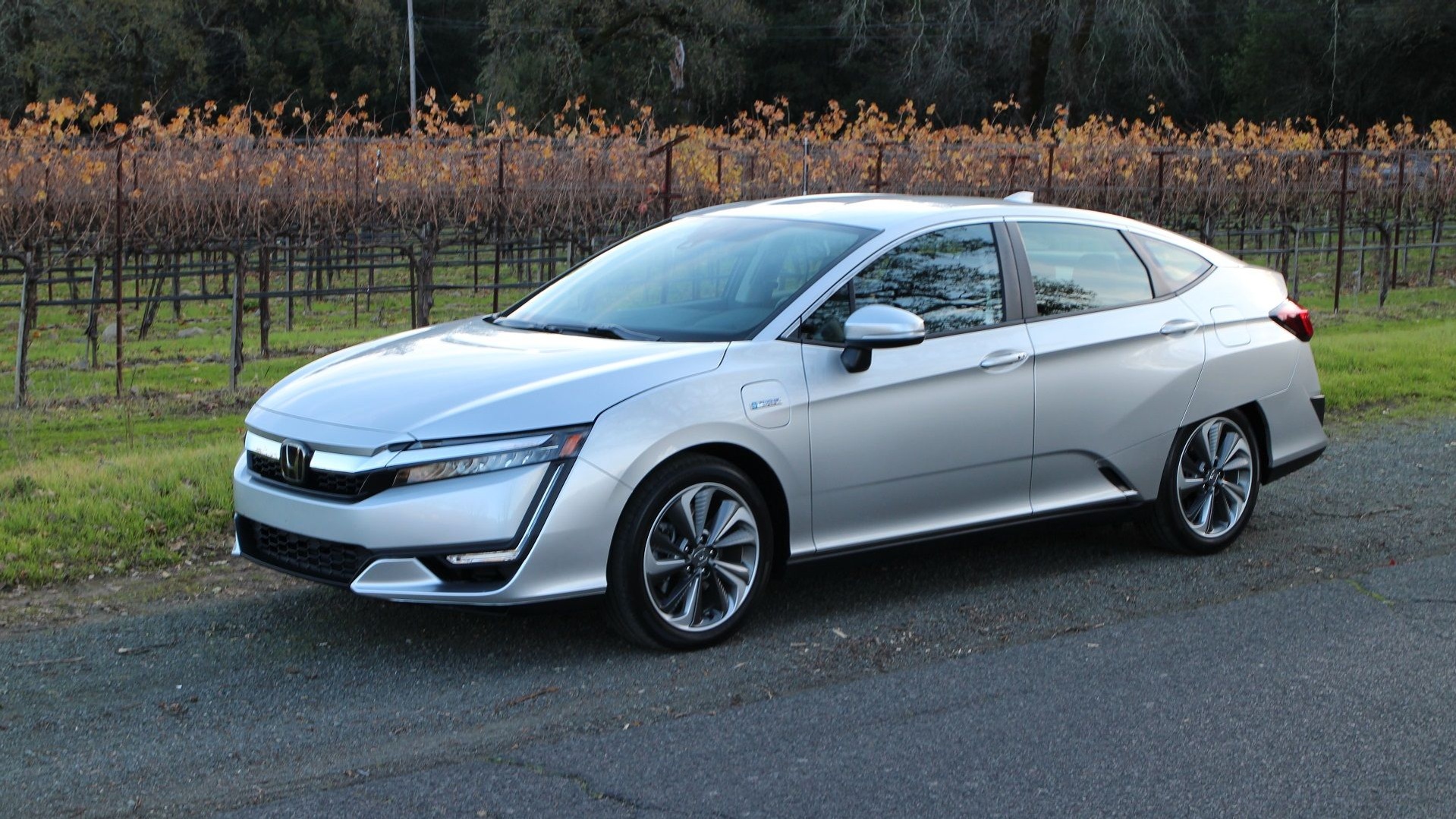
Prologue to Fuel-Efficient Vehicles
Fuel-efficient vehicles have become a fundamental piece of current transportation because of rising fuel costs and expanding environmental worries. As additional individuals look for ways of decreasing their carbon impression, fuel-efficient vehicles offer an optimal arrangement. These vehicles consume less fuel, bringing about lower emanations and critical reserve funds for consumers.
Environmental Advantages of Fuel-Efficient Vehicles
One of the essential purposes behind the developing notoriety of fuel-efficient vehicles is their positive effect on the environment. Customary gas fueled cars produce destructive contaminations that add to air contamination and environmental change. Conversely, fuel-efficient vehicles limit carbon dioxide discharges competitive insurancequote.net, lessening the by and large environmental impression. By picking fuel-efficient vehicles, people can assume an essential part in protecting regular assets and battling an unnatural weather change.
Financial Benefits of Fuel-Efficient Vehicles
Fuel-efficient vehicles give numerous monetary advantages to consumers. With fuel costs fluctuating consistently, claiming fuel-efficient vehicles can prompt significant expense investment funds. These vehicles require less fuel to venture to every part of the same distance as traditional cars, going with them an efficient decision. Moreover, governments frequently offer motivators and tax cuts to advance the utilization of fuel-efficient vehicles, further upgrading their affordability.
Cutting edge innovations in Fuel-Efficient Vehicles
The development of creative advances plays had a critical impact in the advancement of fuel-efficient vehicles. Hybrid engines, lightweight materials, and further developed optimal design add to upgraded fuel economy. Numerous advanced fuel-efficient vehicles likewise integrate regenerative slowing down and begin stop frameworks to amplify effectiveness. With persistent advancements in technology, fuel-efficient vehicles are turning out to be more modern and open to consumers around the world.
The Job of Fuel-Efficient Vehicles in Lessening Reliance on Petroleum derivatives
Decreasing dependence on petroleum products is one more huge benefit of fuel-efficient vehicles. As petroleum product saves drain, the interest for elective energy sources keeps on developing. Fuel-efficient vehicles consume less gas, diminishing the requirement for inordinate fuel extraction and refining. This shift towards fuel-efficient vehicles advances economical energy utilization and decreases the negative environmental effect of petroleum product reliance.
Consumer Interest for Fuel-Efficient Vehicles
The rising consciousness of supportability has prompted a flood in consumer interest for fuel-efficient vehicles. Numerous people focus on fuel-efficient vehicles while buying another car, taking into account factors like mileage, emanations, and fuel economy appraisals. Automakers answer this interest by putting resources into innovative work to make even more efficient models. The rising fame of fuel-efficient vehicles mirrors a worldwide movement towards capable utilization and environmental cognizance.
The Effect of Fuel-Efficient Vehicles on the Automotive Industry
The automotive industry has encountered a critical transformation because of the ascent of fuel-efficient vehicles. Automakers center around planning and assembling vehicles that focus on fuel proficiency without compromising performance or comfort. The shift towards fuel-efficient vehicles has supported advancement, prompting the creation of electric and hybrid models. As the industry keeps on evolving, fuel-efficient vehicles will stay a main impetus in forming the fate of transportation.
Government Approaches Supporting Fuel-Efficient Vehicles
Numerous governments overall implement strategies and guidelines to empower the reception of fuel-efficient vehicles. Stricter emanation norms and fuel productivity requirements push automakers to develop cleaner and greener models. Furthermore, government motivating forces, including tax reductions and discounts, make fuel-efficient vehicles more alluring to consumers. By supporting fuel-efficient vehicles, policymakers add to an economical future while decreasing the general carbon impression.
Challenges in Embracing Fuel-Efficient Vehicles
In spite of the numerous advantages, some difficulties impede the far and wide reception of fuel-efficient vehicles. The underlying expense of buying fuel-efficient vehicles can be higher than conventional models, dissuading economical consumers. Moreover, restricted framework for elective fuel vehicles, for example, electric charging stations, may represent a bother. However, as fuel-efficient vehicles become more standard, these difficulties are supposed to decrease, making them a more reasonable choice for all consumers.
The Eventual fate of Fuel-Efficient Vehicles
The fate of transportation is intently attached to the evolution of fuel-efficient vehicles. As technology propels, fuel-efficient vehicles will become even more open, solid, and savvy. The joining of sustainable power sources, for example, sun oriented and hydrogen power, will additionally upgrade the productivity of fuel-efficient vehicles. With constant efforts to further develop manageability, fuel-efficient vehicles will assume a significant part in molding the automotive scene for a long time into the future.
Conclusion
Fuel-efficient vehicles are revolutionizing the manner in which individuals travel while advancing environmental obligation and financial reserve funds. The interest for fuel-efficient vehicles keeps on ascending as consumers perceive the advantages of lessening fuel utilization and bringing down emanations. With government support and progressing innovative advancements, fuel-efficient vehicles will stay a vital part of a feasible and energy-efficient future. Putting resources into fuel-efficient vehicles isn’t simply a decision however a need for a cleaner and greener planet.
